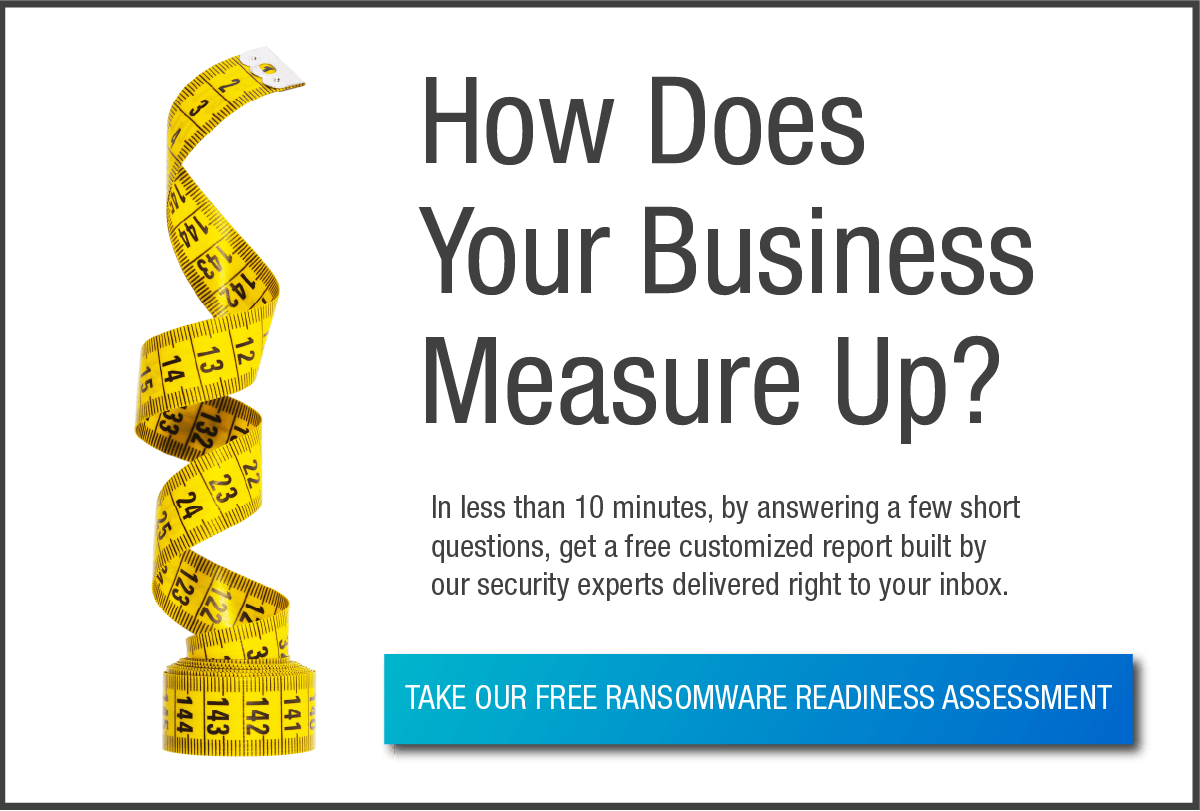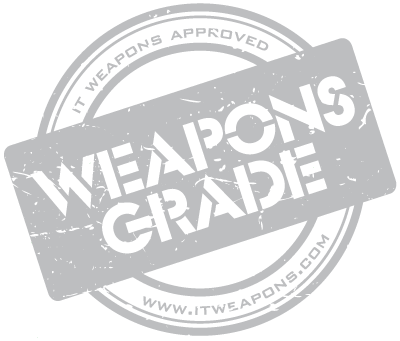Many experts predicted that cybercrime rates would skyrocket in 2021, and they don’t seem to be wrong. From using COVID-19 as phishing bait, targeting health care facilities through ransomware, and reports of a massive data breach at Facebook, 2021 is proving to be a nightmare for IT teams. With the number of potential security threats to organizations, it’s nearly impossible for an IT team to find and fix all of the weak spots before it’s too late.
With so much at stake financially, legally, and reputationally, many organizations use third-party security assessments to extend their IT team’s capabilities and secure their perimeters before a breach or significant outage occurs.
How Security Assessments Can Help Secure Your Data, Applications, and Systems
Security assessments provide a thorough review of your company’s technology systems, physical security, and policies. During the evaluation, an expert looks for holes and weaknesses that could lead to a security incident. When it is complete, the provider compiles a report of their findings and offers suggestions for fixing problems and preventing future issues.
Types of Security Assessments and What They Can Teach You About Your Business
“Security assessment” is a blanket term that covers several different types of reviews. Here are a few of the most commonly requested types of assessments:
Vulnerability Assessment/Penetration Testing
A vulnerability assessment uses automated and manual scanning to find internal and external vulnerabilities. It reveals how big your risk is based on the number of vulnerabilities it finds.
Penetration testing takes the vulnerabilities found during the assessment and exploits them to determine the severity of the weakness. The main benefits of penetration testing are that it lets you see what the hackers see, and it provides step-by-step instructions on how a hacker can exploit your vulnerabilities.
Take our FREE Ransomware Readiness Assessment >>
Security Posture Review
A security posture review provides a baseline for your current security footprint. It also identifies security gaps in your IT environment and provides actionable insight into closing those gaps to improve security.
Password Enumeration Test
Hackers use enumeration techniques to wage brute-force attacks on a system. By trying different combinations of characters and phrases, these attackers hope to guess valid usernames and passwords. As part of a security assessment, this test will use a controlled brute-force attack on users to show you how weak your employees’ passwords are.
Firewall Health Check
If your firewalls aren’t running at peak efficiency, malicious actors can sneak in and cause havoc. This health check reviews configurations to ensure they are optimized and that patches are up to date.
Antivirus Health Check
Reviewing your antivirus protection will provide insight into any configuration issues and identify gaps in coverage — for example, mobile devices connected to the company network missing antivirus software protection.
Security Awareness Assessment
Employees can either be a company’s weakest link or their greatest defence regarding data security. An awareness assessment demonstrates how much your employees know about cyber threats. It can test your employees using phishing/social engineering tests and assess their ransomware readiness.
Reasons to Get a Security Assessment
There is no one “right” reason to get a security assessment. Sometimes, having a security assessment isn’t a choice at all. A few of the primary reasons to initiate a security assessment include:
Client Request
Many companies today are concerned about third-party risk because they can be held accountable for a breach caused by a vendor who didn’t take security seriously. To mitigate that risk, a client may ask you to have a security assessment done to gauge your organization’s level of vulnerability.
Compliance/Regulatory Requirement
Depending on your industry, your organization may be required to complete a security assessment as part of the audit process.
Security Concerns
These days, many threats out there could cause significant damage to your data and systems. A security assessment can show you where your weaknesses are before the hackers find them.
Security Event
If you’ve cleaned up after one ransomware attack or data breach, you probably don’t want to clean up after a second one. Security assessments help you secure your systems and set policies to prevent future security issues.
Take IT Weapons’ Assessment Today
Don’t wait until you have an official reason to have a security assessment. Today’s ever-changing cybersecurity environment and quickly evolving cyberthreats are all the reasons you need. Proactively identifying weaknesses and vulnerabilities will put you ahead of the game.
Prevention is almost always cheaper and more accessible than recovery, especially when ransomware is involved. Take the IT Weapons ransomware readiness assessment to determine how prepared your organization is to prevent or quickly bounce back from a ransomware attack.





